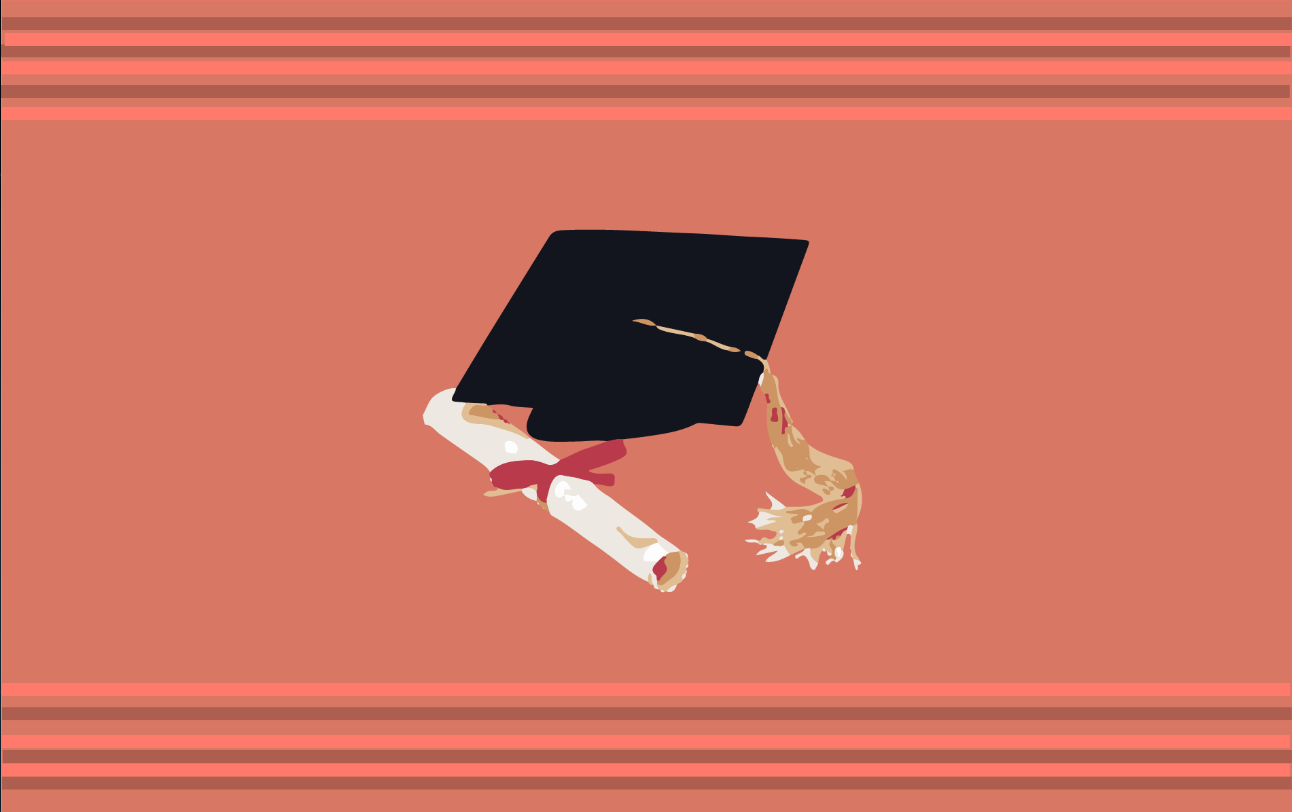TO ACCOMPANY THIS WEEK’S Q&A WITH the authors of “Graduates in Wonderland”, OUR EDITORIAL STAFF PROVIDES RECOMMENDED READING ON THE SUBJECT OF graduation.
by The Editors
Dedicated to the Class of 2014:
1.) “Nora Ephron’s Commencement Address To Wellesley Class Of 1996” by Nora Ephron
Posted by The Huffington Post on June 26, 2012, address given in May 1996
Delivered to the 1996 graduating class of Wellesley College, a private women’s liberal-arts college and Ephron’s alma mater, this speech encourages the women of Wellesley to break the rules and leave the ladylike behavior behind. No wonder we’re such big fans of Ephron here at The Riveter.
Advice nugget: “Whatever you choose, however many roads you travel, I hope that you choose not to be a lady. I hope you will find some way to break the rules and make a little trouble out there. And I also hope that you will choose to make some of that trouble on behalf of women. Thank you. Good luck. The first act of your life is over. Welcome to the best years of your lives.”
2. “Dear Sugar, The Rumpus Advice Column #72: The Future Has An Ancient Heart” by Sugar (Cheryl Strayed)
The Rumpus, May 5, 2011
The renowned advice column is back, and this time it’s in response to a creative writing professor from the University of Alabama. In preparing to send her students out into the vast and terrifying world of the writing industry, this professor sought out Sugar for a graduation address tailored to English majors and the like. This “graduation address” is both inspiring and validating for anyone looking to pursue a creative career.
Advice nugget: “You don’t have to get a job that makes others feel comfortable about what they perceive as your success. You don’t have to explain what you plan to do with your life. You don’t have to justify your education by demonstrating its financial rewards. You don’t have to maintain an impeccable credit score. Anyone who expects you to do any of those things has no sense of history or economics or science or the arts.
You have to pay your own electric bill. You have to be kind. You have to give it all you got. You have to find people who love you truly and love them back with the same truth.
But that’s all.”
3.) “The Fringe Benefits of Failure, and the Importance of Imagination” by J.K. Rowling
Harvard Magazine, June 5, 2008 (watch video here)
J.K. Rowling’s speech to the graduates of Harvard emphasizes the silver lining of failure, and how imagination can inspire empathy.
Advice nugget: “It is impossible to live without failing at something, unless you live so cautiously that you might as well not have lived at all – in which case, you fail by default.”
4.) “The Opposite of Loneliness” by Marina Keegan,
Yale Daily News, May 27, 2012
When Keegan passed away a week after graduation, it went internationally viral, not because of the tragedy of her death, but because of the importance of the words, and how they would allow this inspiring writer to live on in the hearts and minds of graduates for years to come. In fact, it would go on to be the title essay of a posthumously published collection of Keegan’s fiction and essays, released this past April (read The Riveter‘s review here).
Advice nugget: “We’re so young. We’re so young. We’re twenty-two years old. We have so much time. There’s this sentiment I sometimes sense, creeping in our collective conscious as we lay alone after a party, or pack up our books when we give in and go out – that it is somehow too late. That others are somehow ahead. More accomplished, more specialized. More on the path to somehow saving the world, somehow creating or inventing or improving. That it’s too late now to BEGIN a beginning and we must settle for continuance, for commencement…
What we have to remember is that we can still do anything. We can change our minds. We can start over. Get a post-bac or try writing for the first time. The notion that it’s too late to do anything is comical. It’s hilarious. We’re graduating college. We’re so young. We can’t, we MUST not lose this sense of possibility because in the end, it’s all we have.”




